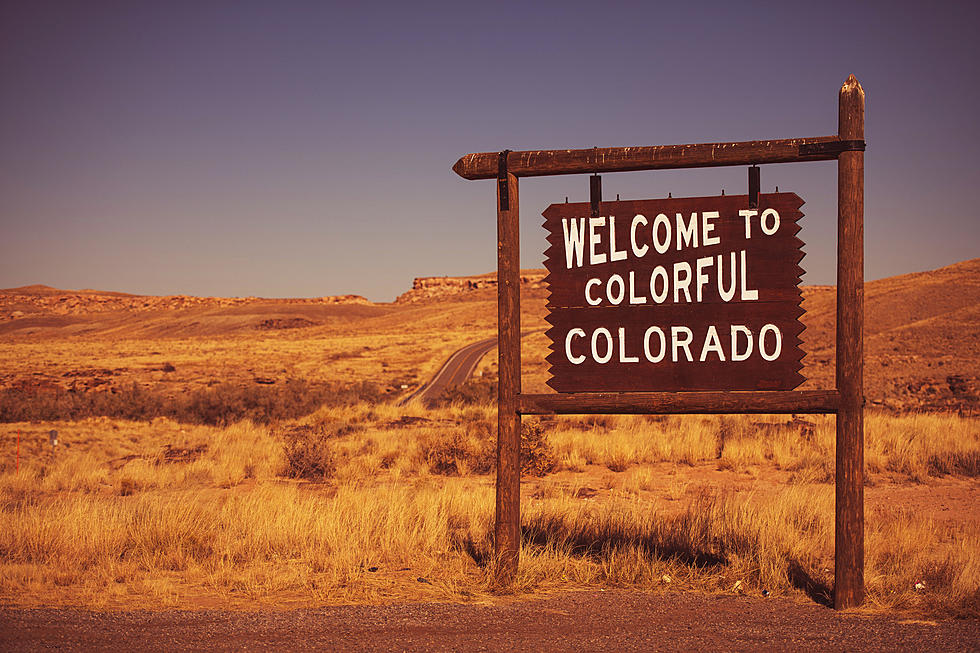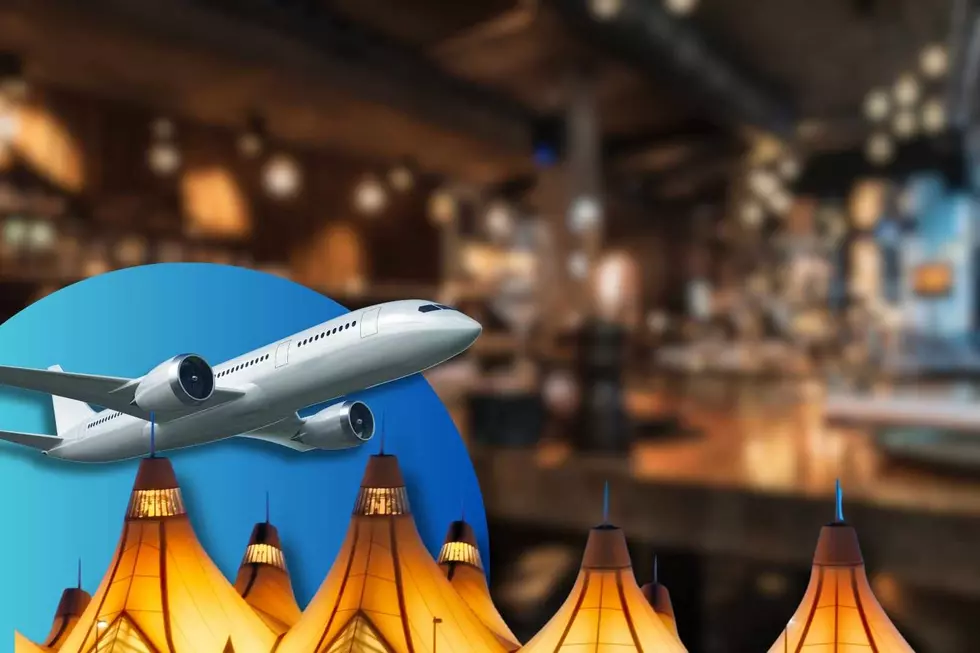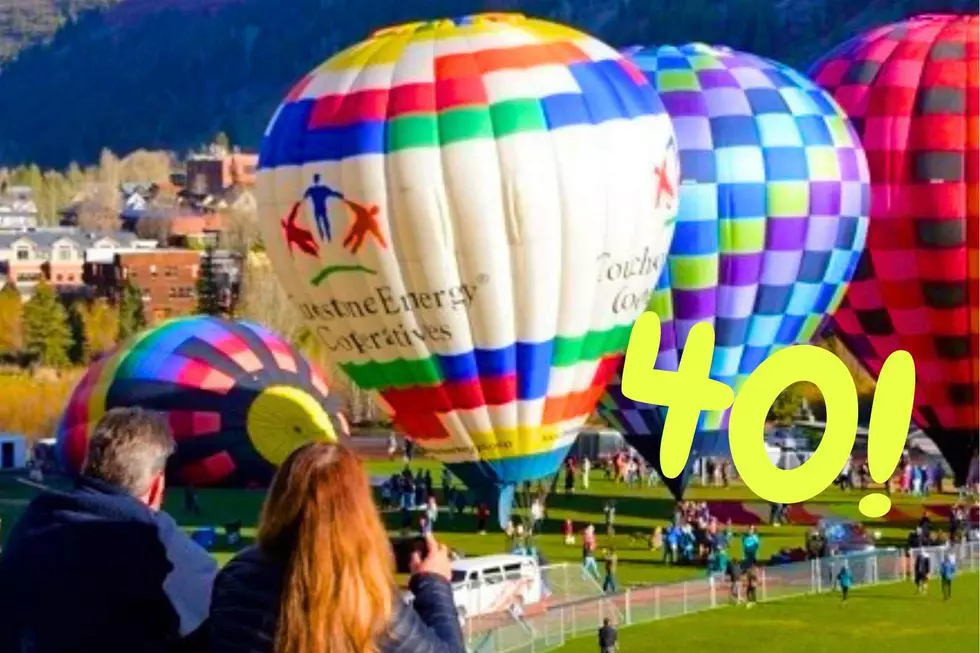
How to MC Any Stage, Anytime
From a Halloween party to a corporate gathering, an MC can help the flow of any event.
A good host or MC (emcee) is enthusiastic, informative, fun and brief.
The job of MC ranges from the biggest shows on the planet to small, local gatherings. While different venues and events call for different vibes and techniques, there are a few rules that are pretty much universal.
Hosting is one of the things I do for a living, so I thought I could throw something together that might help anyone who would like a few pointers on being a successful MC.
Since FoCoMX is coming up and there will be a lot of Fort Collins folks volunteering on stage those nights, I'll refer to the way I will handle (I'm also a volunteer, see you Friday night at the Aggie) the stage during this great weekend of live music.
1. Smile!
This is hands down the most important thing you can do. Your job as MC is to keep the energy in the room at whatever level it is supposed to be. The energy at the Fort Collins Convention and Visitors Bureau National Tourism Week luncheon is different from FoCoMX, but either way, it's amazing the affect smiling has on vibe and energy. It is so key. Even if you are scared out of your wits, put a big grin on your face and keep it there the whole time you are on stage.
2. Body Language
Open your arms, open your heart, open your energy to the crowd and they will respond. Squeeze your shoulder blades together a little bit and make like you are about to give the audience a huge bear hug!
If you have a mic in one hand, open the other arm. If you have a sponsor list or other notes, hold it in your hand, and take at least a few moments to open all the way up. The audience will feel it.
3. Immediately ask for a round of applause
For the last band, for the volunteers, the bartenders, whoever it is, you aren't likely to find a better way to relate to your audience than in joining them in an expression of gratitude for the reason you are all there together. On the first ask, you might not get a rousing round. Stick with it. They will match your enthusiasm, so it's up to you.
The first words I will say are 'How about a round of applause for __________?"
4. If time permits, ask a question
If you have 30 seconds, this doesn't work. But at some events, the MC is also a time killer. Take some time to relate to the audience and then match their responses with the sponsors of or reasons for the event.
Bringing the audience in is a great way to make a connection. For FoCoMX, I'll ask things like,
"Anyone have a band they are looking forward to?"
or
"Who has seen a band or performer at FoCoMX that they loved?"
When they answer, repeat the band name, and ask them when and where. When they tell you, repeat the venue name. The audience can't hear what the person you are talking to said, you acknowledge the brave person who spoke by repeating what they said, and you share the love by talking about another band and venue in a really positive way. Promote the event and the partners. Share.
Any event that we MC is something that many people worked on. There are partnerships and organizations and efforts and endless passion put into them. Our job is to help the audience understand a little bit of of that passion.
That said, don't turn the stage into your soapbox. You aren't there to educate. You are there to keep the energy up, and let people know what is going on. Highlight the beauty of the event by saying its name properly, thanking the proper sponsors, thanking the audience sincerely for their support and suggesting that they continue that support by engaging in the call to action.
For FoCoMX, the call to action is continue to go out in Fort Collins to see live music. It makes for a pretty agreeable crowd.
4. Relate your information
Keep it short. Unless you are at an event where details are necessary, talk only about the information that concerns them. At FoCoMX, I will be at the Aggie on Friday night, so I will talk about the Aggie's lineup, and then point people to the app, the information tents, or the paper schedule for everything else.
In general, the name of the event, a bit of it's purpose or reason for being, the sponsor list, and what the audience can expect is your content. It's really simple, and that takes the pressure off. You aren't expected to make the crowd laugh, or cry, or buy, or anything but enjoy themselves, and everything else falls into place.
5. Call to action
Stick around. Visit our table. Support local music. Love. Peace. Whatever it is, ask nicely and with a please, and people respond. As the MC, you may not have made up the event, so talk with your event contact about what the point of the whole event is. What are they trying to do today?
Many of them, like FoCoMX, are there because they realize the idea is bigger than them, and if they could make anything happen it would be a vibrant music community that produces great art and helps these great artists make an awesome living right here in our town.
So, my message to the FoCoMX audience is,
Go see the music! And see it year round.
5. End with a thank you
Awkwardness is not a virtue in hosting, and it often comes from not being sure what to do next. Plan your exit strategy. It's usually just a handoff to what is next, or what will be next in a few moments.
And (insert band name here) is coming up. Thank you!
6. Be Playful
I give clear instructions on how to host, but I don't want to take any of the fun and playfulness out of it. My plan is to know what we're presenting, get to it with a smile and then have fun and allow it to happen. If someone lobs you something, take it! If something goes wrong, embrace the moment and turn it into a joke. The audience isn't perfect. They aren't expecting you to be perfect. If you're happy, they'll be happy.
Best way to make it go smoothly? Do a tiny bit of prep.
Ask how to pronounce the bands,sponsors, and all other names that are on lists given to you, even if it seems obvious. A sponsor that might have paid money or given services will not be happy to hear their baby called by the wrong name.
Make sure that music will start after you are done with your announcement. All sound guys at concerts have this ready to go. It's a simple question, "Do you have music ready to go for after my announcement?"
For a night of different bands, I'll be ready with a few announcements after the band's last song, then they flip the stage, and when the next band is ready to go, I'll be there to introduce them. Make sure the sound guy knows when you expect a hot mic for your announcements.
Final Notes
Avoid TMI
Too much information could mean they don't get any of the information.
Don't talk about every item in every announcement, or hit all of them in one announcement, unless one announcement is all you have. At FoCoMX, I'll be on and off stage all night. I'm not going to read every sponsor on the list every time. There are major sponsors that get mentioned everytime, the others get spread out. I'm not going to explain the point of FoCoMX every time I talk. I'll save that for various spots. I'm not going to highlight other bands or Saturday's events every time. I won't mention my own cause (TRI 102.5) every time.
What I will do is make digestable announcements, so when they walk away they'll remember the sponsors, the cause, how to find me on the radio, and where to go to find all the information they would need for similar upcoming events.
Note on dealing with sound professionals
They have a lot of technical things on their minds. I've found that being clear and concise with them is helpful.
- Which mic do you want me to use?
- Can I have two hot mics if I want to bring someone on stage to talk about the event? Which mic is that?
- Do you have music ready to go after our announcements?
Is this thing on?
And...
More From Retro 102.5





